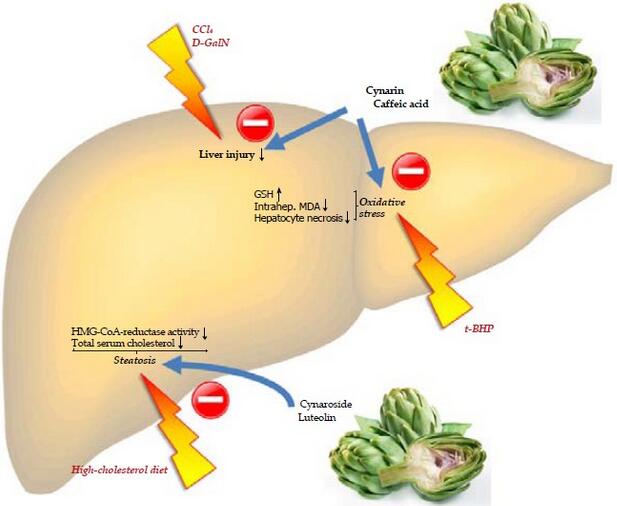Frequency: Bimonthly; ISSN- online 2224-6509; The first issue: February, 2012; Full Open Access; Publishing fee
SCOPE: JGHR publish high-quality original articles, reviews, and commentaries in the fields of gastroenterology, hepatology, gastrointestinal molecular biology, gastrointestinal immunology, gastrointestinal microbiology, gastrointestinal genetics, gastrointestinal translational medicine, gastrointestinal diagnostics, and gastrointestinal therapeutics, gastrointestinal endoscopy, gastrointestinal surgery, hepatobiliary surgery, gastrointestinal oncology, gastrointestinal radiation oncology, gastrointestinal imaging, gastrointestinal interventional therapy, gastrointestinal infectious diseases, gastrointestinal pharmacology, gastrointestinal pathophysiology, gastrointestinal pathology, evidence-based medicine in gastroenterology, pancreatology, gastrointestinal laboratory medicine.
MISSION: The mission of the journal is the rapid exchange of scientific information between clinicians and scientists worldwide, seeks to publish papers reporting original clinical and scientific research which are of a high standard and which contribute to the advancement of knowledge in the field of gastroenterology and hepatology.
Indexing/abstracting: PUBMED (Part of journal articles), Elsevier, Chemical Abstracts Service (CAS), Digital Object Identifier (DOI), and Directory of Research Journals Indexing (DRJI), scholar.google.com, Open Access Library (USA), InfoBase Index. All papers published in our journal can be searched in Google, Google Scholar.
Editor In Chief
 Honghong (Helen) Zhu,
Honghong (Helen) Zhu, M.D., Ph.D., M.H.S., M.Sc.
Director, Preventive Medicine Institute, USA. More
Featured
 Let food be thy medicine and medicine be thy food.” Proclaimed nobody less than Hippocrates, the Ancient Greek philosopher and doctor about 460 B.C. And indeed, the daily food intake is the most important exchange of our organism with the environment. Today, we know that the choice of comestible goods is an important contributor to our well-being and that the targeted use of specific nutrients and other bioactive molecules (e.g. secondary plant products) significantly helps in the regulation of metabolic processes in a variety of situations of particular requirements. However, next to a health protective diet, identifying the chemical compounds of a healthy natural food product allows us to characterize those compounds that are potential candidates for a new drugMore
Let food be thy medicine and medicine be thy food.” Proclaimed nobody less than Hippocrates, the Ancient Greek philosopher and doctor about 460 B.C. And indeed, the daily food intake is the most important exchange of our organism with the environment. Today, we know that the choice of comestible goods is an important contributor to our well-being and that the targeted use of specific nutrients and other bioactive molecules (e.g. secondary plant products) significantly helps in the regulation of metabolic processes in a variety of situations of particular requirements. However, next to a health protective diet, identifying the chemical compounds of a healthy natural food product allows us to characterize those compounds that are potential candidates for a new drugMore
Vol 12, No 1 (2023)
Table of Contents
Original Article
| Spontaneous Bacterial Peritonitis Inpatient Admissions: Trends and Disparities of Outcomes from 2010-2019 in the US | |
| Ebehiwele Ebhohon, Adedeji Adenusi, Pius Ojemolon, Maria Ganama, Robert Kwei-Nsoro, Abdultawab Shaka, Hafeez Shaka | 3765-3770 |

This work is licensed under a Creative Commons Attribution 3.0 License.
ISSN: 2224-6509




 Akira Yagi Ph.D., Emeritus Professor, Fukuyama University, Hiroshima, Japan
Akira Yagi Ph.D., Emeritus Professor, Fukuyama University, Hiroshima, Japan